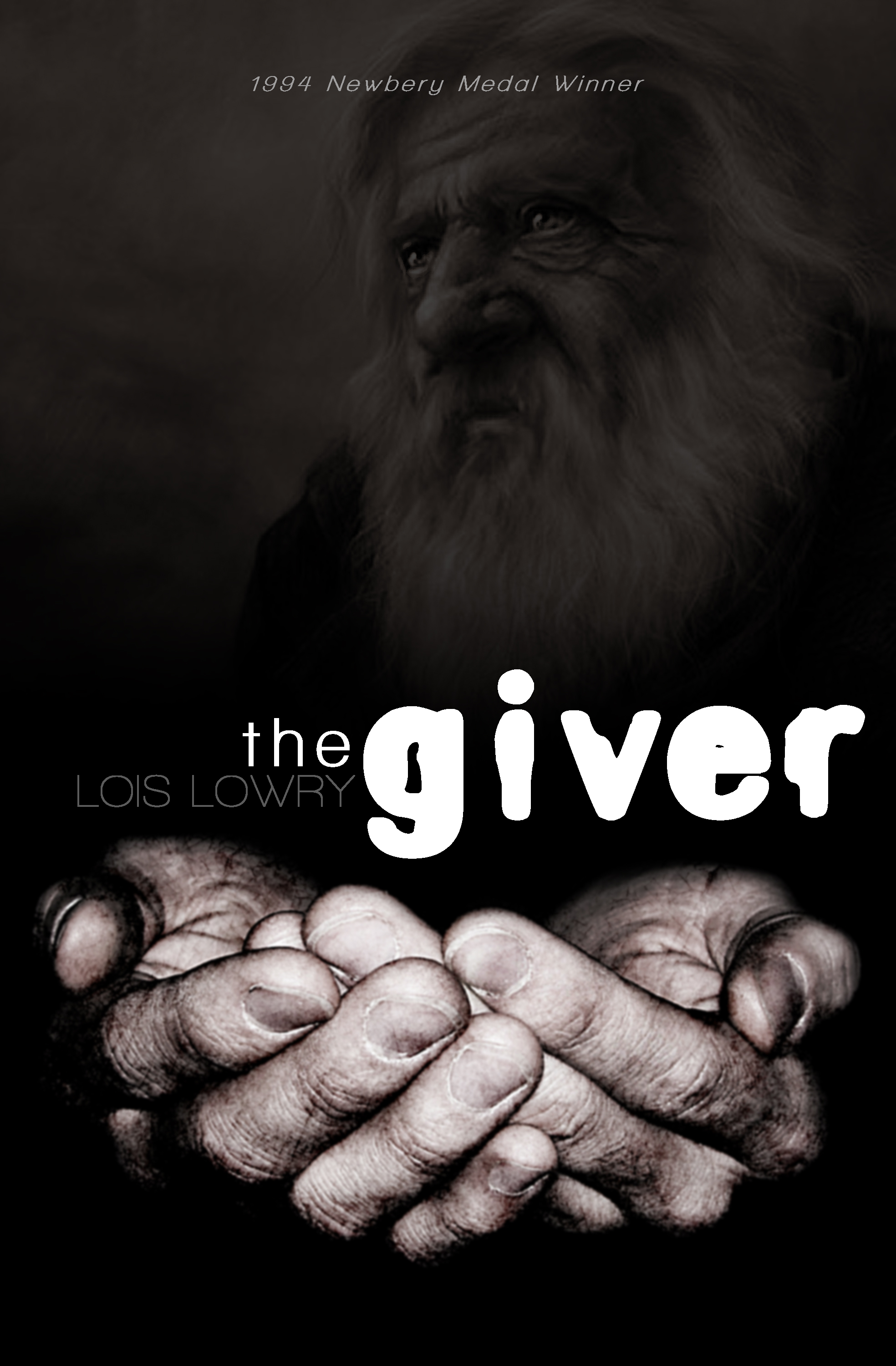Change. Everyone goes through it. In Lois Lowry’s novel “The Giver” and Kesha’s song “Praying” both express the toughness of change. In “Praying,” the emotions of a painful past relationship is shown and it also mentions various ways the speaker got over it. In “The Giver,” everything is alike and when Jonas, the main protagonist, discovers more about true life that was hidden away from society, he alters himself.
As found in both texts, there are multiple cases of adjusting and moving on. The speaker in “Praying” revealed the aching pain of old encounters she experienced with a man. Kesha’s lyrics allude to past abuse and seeking spirituality to move past it. She states that”…you put me through hell” which shows how her bond she was a part of wounded her. Later, she states how she is getting over it by stating “And I don’t need you, I’ve found strength I’ve never known.” She found resilience and is prepared to make it on her own. In “The Giver,” Jonas is beginning to see things different from others. In the story, he receives memories of the pain and joy of actual life. These memories make him very different from what he once was. He now sees things, like color. And feels things, like love. No one else besides he and the one who gives him these memories (the Giver) know what these things are. They’ve never witnessed or gone through them.
Where there are quite a few similarities, there are also various differences. In Jonas’ society, you are not allowed to be in a relationship unless one is given to you. In his case, Jonas does not marry till much later in his lifetime. While in “Praying,” Kesha shows she experienced a time of hurt through a relationship. Because of this, she “had to learn how to fight for (herself)” and be a better version of herself. Before, she could be pushed around, but she now feels more resistant. She got over it by becoming stronger. Jonas, however, slowly discovers what “pain” is. “It hurt a lot,” Jonas declared in the book, “but I’m glad you gave it to me. It was interesting. And now I understand better.” He claims to “know” what “pain” “means,” three words that would change dramatically as the story continued. Once he would go through such a thing, he would just receive memories of peace and calmness. They both dealt with pain in very different ways.
In conclusion, a larger external conflict is shown in both texts. One deals with Jonas’ own self and the other with Kesha’s feelings of discomfort and heartbreak. In both magnificent works of literature, the theme of change and leaving things behind is foretold, whether it is for the well being of one or many more.
